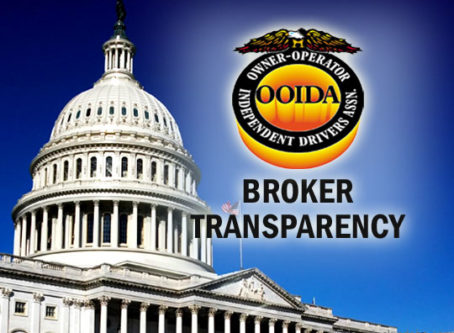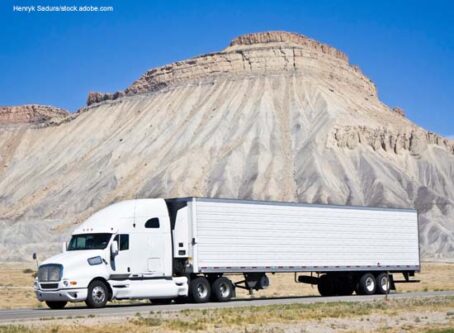Massachusetts House approves fuel tax increase
Massachusetts House lawmakers have approved a major funding bill to inject more than one-half billion dollars into the state’s revenue stream for road, bridge and transit work. A fuel tax increase is part of the plan.
The Democrat-led chamber voted mostly along party lines 113-40 to advance legislation that would cover transportation needs through increases in vehicle taxes and fees. The bill, H4508, now heads to the Senate.
Biggest point of contention of fuel tax increase
The transportation funding bill is estimated to raise between $522 and $612 million annually.
The most significant revenue generating source is via the state’s fuel tax. The 24-cent tax rate on gas and diesel was last raised by 3 cents in 2013. Voters repealed the increase one year later.
H4508 would increase the gas tax by 5 cents to 29 cents. The diesel rate would be raised 9 cents to 33 cents.
The state’s existing 24-cent excise tax raises about $770 million annually.
Revenue estimates show the gas tax increase would raise another $175 million per year. The diesel increase would raise revenues another $32 million.
House lawmakers rejected a proposed amendment from Rep. David LeBoeuf, D-Worcester, to use a penny of the diesel tax to cover the cost to make free all bus fares via regional transit authorities.
Other sources of revenue in the bill include raising fees for ride-hailing services, and raising corporate minimum taxes for the state’s largest companies.
Gov. Charlie Baker said he is “disappointed” with the legislation. The Republican governor is instead pursuing a five-year, $18 billion bond bill touted to invest in the state’s transportation system.
Additionally, he continues to support the pursuit of a regional cap-and-trade program that could raise fuel rates up to 17 cents per gallon.
Democratic House Speaker Robert DeLeo says it is time for state lawmakers to take action to get a deal done.
“We know there is a significant need for transportation revenue, and this package delivers it,” DeLeo said in prepared remarks.
Today the House voted to approve an immediate infusion of much-needed transportation revenue to fund our transportation system. TY @RepMichlewitz @repmarkcusack @RonMariano + Chair Straus pic.twitter.com/A4LV69Uqgf
— Speaker Bob DeLeo (@SpeakerDeLeo) March 5, 2020
Governor’s plan in lieu of a big fuel tax increase
The Baker administration has been working with governors in states around the region to develop the Transportation and Climate Initiative. The plan to bolster transportation funding from Maine to Delaware is anticipated to result in a regional fuel tax to aid mass transit projects.
Massachusetts Democrats, however, say they cannot wait to see if the regional plan comes to fruition.
The governor has said he is opposed to a significant increase in the state’s fuel tax. He says the state has sufficient tax and borrowing capacity to cover needed transportation investments.
Baker introduced a five-year, $18 billion bond bill to fund existing programs and initiatives intended to reduce roadway congestion and “ensure reliable travel throughout the Commonwealth.”
Specifically, the capital plan outlines $10.1 billion for Massachusetts Department of Transportation highway division construction projects. Of that amount, $5.6 billion would be routed to federal aid highway construction and $3.1 billion would be designated for highway work not supported by the federal government. Another $1.25 billion would be applied to bridges and $150 million would be spent to pave area roads.
“This $18 billion transportation plan legislation lays the groundwork for a transportation system that will meet the future travel needs of our residents and support a strong, competitive economy,” Baker said in previous remarks.
Instead, Massachusetts House lawmakers have approved a $14.5 billion transportation bond bill that includes $3.5 billion less in borrowing than Baker’s bill.
The House version, H4506, has moved to the Senate.
More Land Line coverage of news from Massachusetts is available.









